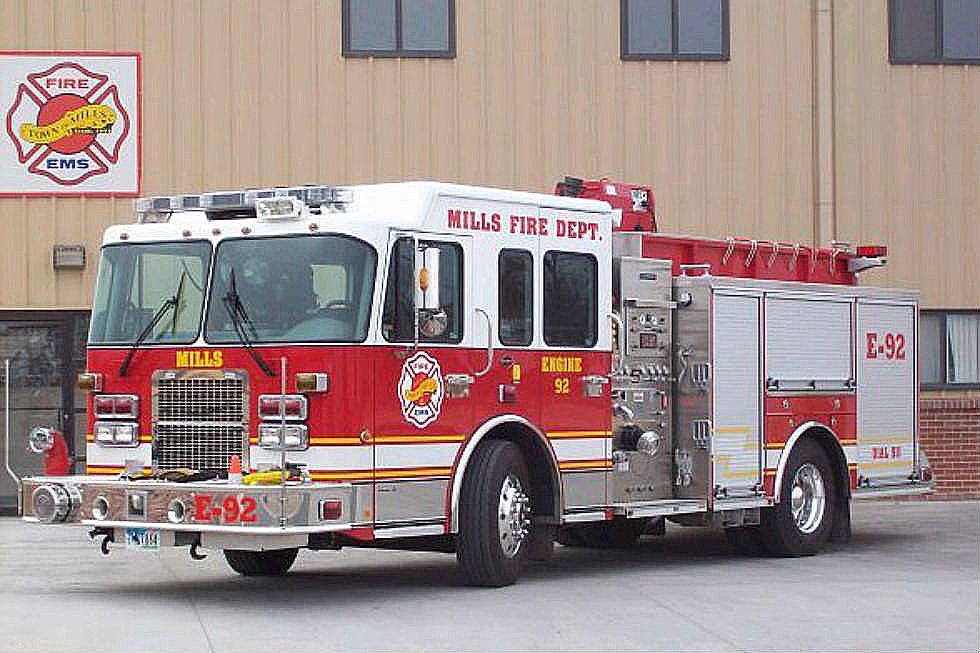
Insurance, Hospital Officials Praise Supreme Court Ruling
The U.S. Supreme Court's ruling Thursday on the Affordable Care Act saved a lot of grief for Wyoming residents, according to insurance company and hospital officials.
The 6-3 ruling in King v. Burwell declared consumers in 34 states, including Wyoming, that relied on the federal health exchange should be allowed to receive federal tax credits just like insured people in the other states that have set up their own exchanges to implement the Affordable Care Act.
A lot of people in Wyoming would have been hurting if the court ruled the other way, said Stephen Goldstone, CEO of the Cheyenne-based WINhealth insurance company
"The decision affirms the legality of the advanced premium tax credit, otherwise known as the subsidy, which means that probably at least 17,000 citizens in the state of Wyoming will continue to have subsidized coverage," Goldstone said.
The months leading to the decision caused headaches for health care officials.
"Nobody's calling which way it's going to go," Wyoming Medical Center CEO Vickie Diamond said Tuesday during the monthly meeting of the board that oversees the WMC's lease of Natrona County's hospital assets. "Generally you can call it, but not this one."
The Wyoming Medical Center and hospitals wanted the Affordable Care Act to remain intact because it will save money for hospitals, patients receiving the subsidies, and the other patients who otherwise would have to support those without insurance, said Eric Boley, president of the Wyoming Hospital Association.
"The exchanges made coverage to people that couldn't get it before more affordable" Boley said.
"We're about treating the patient," he said. "If we can get them to primary care physicians early on, if we can start with the chronic disease management early as opposed to when it becomes in the later stages. There's cost-savings and of course there's a benefit to the patient."
There's also a benefit to everyone else.
Wyoming hospitals write off about $100 million a year of uncompensated care -- charity care and bad debt caused by people not paying their bills. In the 2014 fiscal year, the Wyoming Medical Center alone wrote off about $56 million in uncompensated care costs.
Those costs have to be covered some way. Hospitals, insurance companies and health care providers, in effect, socialize those losses by raising rates for those who can afford to pay.
The Affordable Care Act, by enabling 17,000 Wyoming citizens to obtain health insurance, mitigates this socializing effect as more people will be paying for their own care.
“In my view, what this has done to the health care industry, (it) has given them access to additional revenue that they didn’t previously have before the Act was passed,” Goldstone said.
The U.S. Supreme Court's decision Thursday probably marks the end of the major fighting over the Affordable Care Act, he said.
"As more Americans are covered, polls seem to indicate that the vast majority of them and the American public in general are now in favor of the Affordable Care Act," Goldstone said. "Either way, it's going to be harder and harder for it to be repealed."
More From K2 Radio









